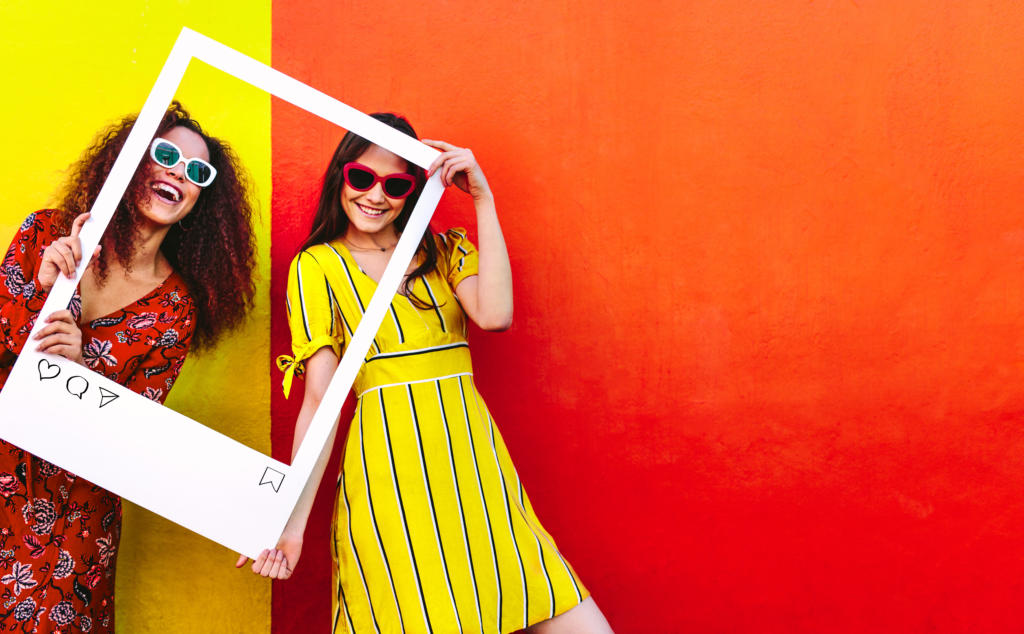
Almost akin to the rise of social media influencers online, is the rise in readily available ‘fake follower’ services. A simple google for “get more Instagram followers” will see results for several services promising to give you more followers, likes and engagements on your posts. It has been estimated that somewhere between 20-30% of Instagram influencers may be inflating their followers, which puts brands at risk of not seeing returns on their investment in an influencer because the influencer is not as valuable as they appear.
It is reported that brands are anticipated to spend up to $15 billion on influencer marketing by 2022.
For the brands
Brands could be at risk of entering into a social media influencer agreement with influencers who have a misleading amount of followers. Despite Instagram recently improving their algorithms in an attempt to prevent fake accounts from increasing a page’s following, some of the most sophisticated ‘fake follower’ bots can go undetected. This is because these bots are reportedly capable of imitating human behaviour, which makes it difficult for Instagram to detect.
It is therefore important for brands to undertake a thorough due diligence process when considering sponsoring and/or working in partnership with an influencer. This may be a laborious task if the influencer has thousands or even millions of followers.
This due diligence process should include vetting the influencer’s followers to determine whether any of the followers’ name and/or icon is fairly generic and/or whether the page has no or very few posts.
For the influencers
Some of the influencers with the biggest followings have been accused of paying for fake/dormant accounts to follow and/or interact with their pages and posts. In an over-saturated market, the idea of influencers purchasing followers to inflate their statistics is frustrating for organic Instagram profiles. Not only is it frustrating, buying or selling fake profiles is in breach of Instagram’s terms and conditions. Therefore, it is important that influencers do not purchase fake followers.
The Advertising Standards Agency
Social media influencing and marketing is a rapidly growing industry and recently the Advertising Standards Agency (ASA) has become tougher in its approach to complaints regarding misleading posts on Instagram.
This tougher approach was demonstrated in the recent case surrounding Love Island star Molly-Mae Hague when a complaint was made about one of her posts being misleading. The ASA banned the post which showed Molly-Mae wearing a Pretty Little Thing coat – Pretty Little Thing was tagged in the post, but details of Molly-Mae’s partnership with the brand were not included.
In response, the ASA decided that the post was not transparent, this is even though the post was allegedly ‘organic’, meaning it was not a paid-for advertorial. Nonetheless, the ASA ruled that the existing partnership between Molly-Mae and Pretty Little Thing requires transparency; especially for the benefit of Molly-Mae’s 3.7 million followers, who may be influenced by her posts. It is yet to be seen how and whether the ASA will approach Influencer’s paying for fake followers.
